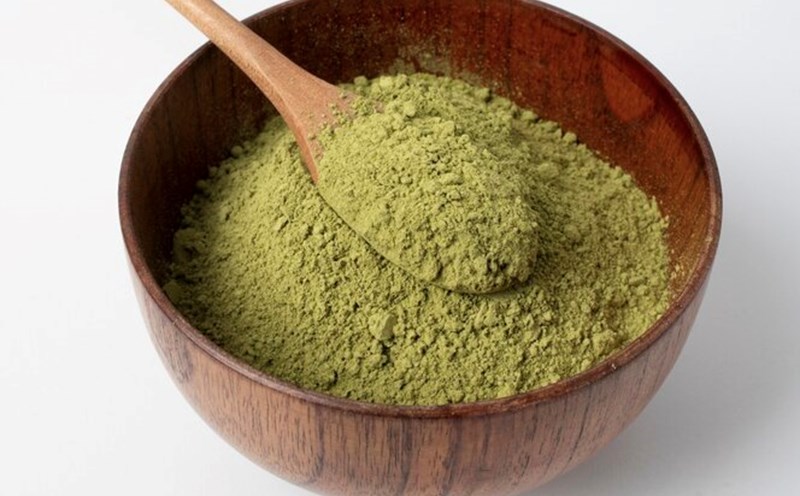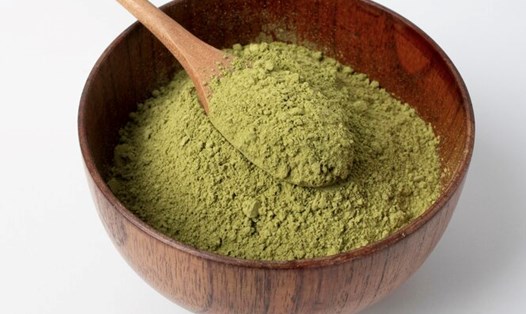Risk of allergies and digestive disorders
Although oatmeal allergy is not a common food allergy, some people may experience itching, rashes or shortness of breath after drinking oat milk. In severe cases, the anaphylaxis can be life-threatening.
People who are sensitive to av avenin, a protein in oats, can experience similar symptoms of gluten intolerance, including bloating, abdominal pain, and diarrhea, emphasizes Dr. Allison Herries, a nutritionist at New York Presbyterian Hospital (USA).
In addition to avenin protein, the fertilizers commonly found in oat milk to mix together with oatmeal and water can also change the intestinal microflora, causing indigestion. People with celiac disease or irritable bowel syndrome need to be more careful when using.
Supplemented sugar and risk ingredients
Many brands add sugar to improve the flavor. According to the American Heart Association's recommendation, added sugar intake should not exceed 25 g/day for women and 36 g/day for men. Drinking oat milk containing a lot of sugar every day can cause weight gain, cavities, type 2 diabetes and the risk of cardiovascular disease.
The glycemic index (GI) of oat milk is average (4969) and the glycemic load (GL) is about 12 - 17. This means that consuming too much will increase blood sugar faster than cow's milk, which has a lower GI (31) and GL of only 3.
Some products also contain dipotassium phosphate, a stabilizer that can damage bones and the heart in people with kidney disease. People who are on a low-salt or low-fat diet should check their ingredients before buying.
Risk of cross-contamination and nutritional imbalance
Although oats are not gluten-free, the processing of oat milk can take place at a wheat processing facility, leading to the risk of cross-contamination. Similarly, soybeans can be a potential allergen if they appear in the same factory.
Another note is that oat milk is not a source of protein or optimal fat for children under 12 months old. It also does not provide enough calcium like cow's milk. Children over one year old can drink it but should not completely replace animal milk without a reasonable nutritional supplement.
Safer choices for health
If you love oat milk, choose sugar-free, gluten-free, and calcium and vitamin D supplements. Limit your intake appropriately, combine a varied and balanced diet.
No food is perfect, recommends Dr Herries. Regularity and diversity are the golden principles for maintaining good health".











